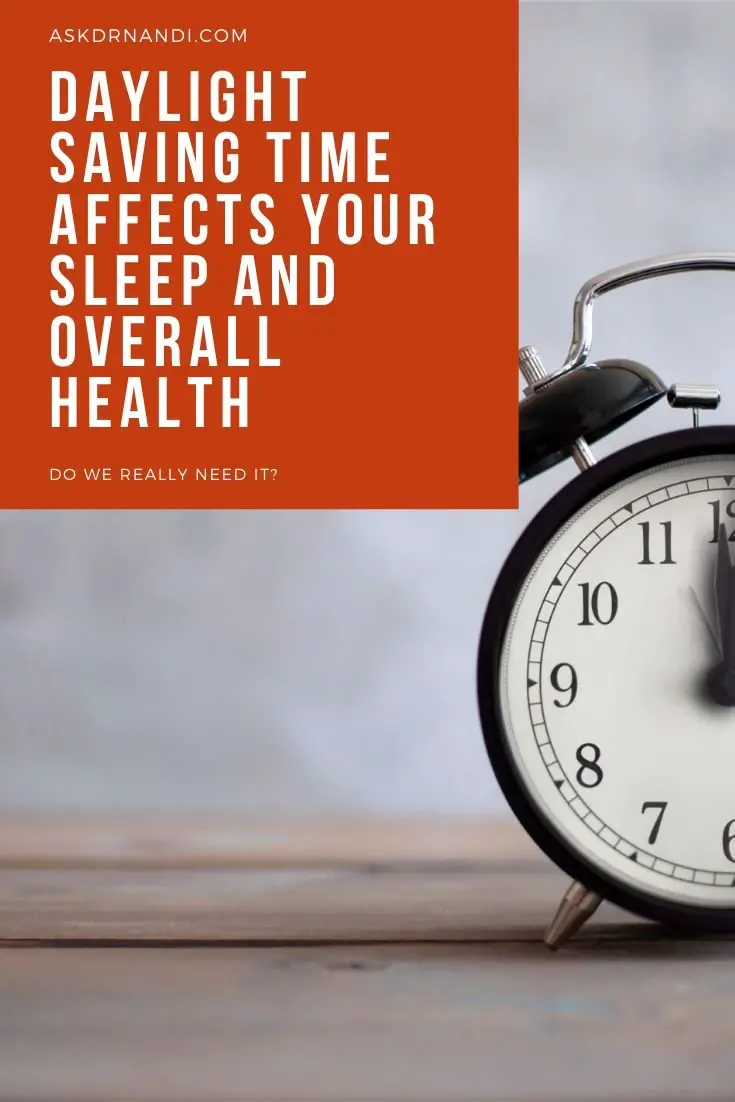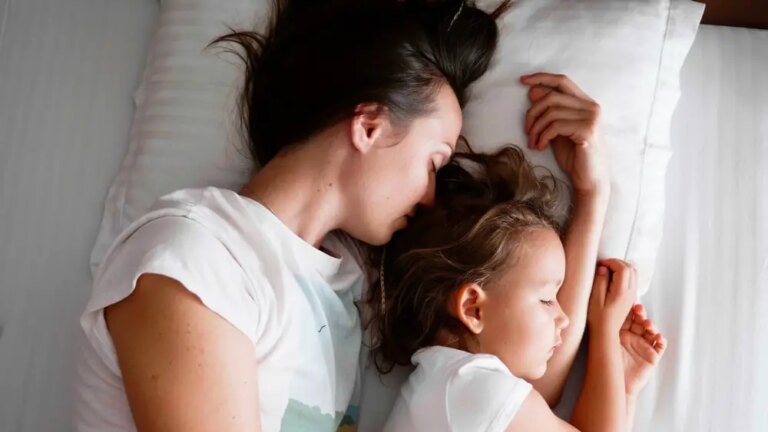Do We Really Gain An Extra Hour of Sleep?
While a bonus sleep hour may sound enticing, for many people it’s an unattainable fantasy. Your body is used to your particular sleep cycle and won’t automatically understand the clocks have been set back one hour. Though it may seem like a small nudge, the one-hour time shift can affect your sleep for up to a week! So don’t be surprised if your slumber is disturbed during the night or if you wake up at unusual times.
How Might This Affect Overall Health?
Sleep is paramount for overall health. When your sleep is disturbed and you’re not well-rested, your cognitive performance and memory can become impaired. While this may seem like a minor annoyance, it can be more serious. A preliminary study on daylight saving time indicated the practice could raise the risk of having a stroke by 8% two days after the clocks are switched. Other studies have also found an increase in the first for acute myocardial infarctions (also known as heart attacks).
Do You Recommend Capitalizing On The Extra Hour, If Possible?
While everyone is unique, Americans tend to not get enough sleep. The amount and quality of rest you get affects your memory, mood, immune system, cardiovascular functions, and more. Therefore, yes, I would recommend sleeping in if you can. But if you have kids at home like I do, you’ll likely find their bodies will start to adjust before the clocks officially switch. They’ll likely be tired earlier by Sunday night. What I suggest is keeping the kids up an extra 15 – 30 minutes past their regular bedtime for a few nights before the switch. This will help ease them into the new schedule.



















